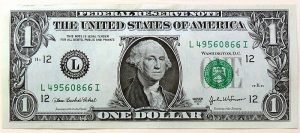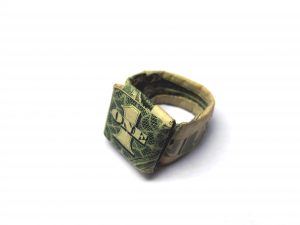
Healthcare fraud has been raised as a matter of concern not only in Chicago but in the country as a whole. It raises the costs of providing healthcare and also means that vulnerable people who need support are left behind. The cases in this category are unique because they often provide a corporate entity that is tasked with the role of distributing healthcare services. The large scale Medicare fraud occurs within the modalities of overcharging the state or alternatively charging it for services that were never delivered. In either case, the consequences for those involved can be dire. They could lose the license to practice and may be banned from government contracts for a considerable period of time.
Over time, a number of fairly consistent patterns of offending have emerged. First of all, there are three main modalities including Medicare Fraud, Medicaid Fraud, and Kickbacks. Each of these modalities are united by deceit and illegal benefits. For example, overbilling has been a persistent problem in Medicaid and Medicare programs, despite the stringent protective measures that were adopted by Congress and local legislatures. In some cases, the service provider is so overwhelmed by paperwork and bureaucracy that they end up making inadvertent mistakes. Obviously the courts will take into consideration both the act and the intention behind it before passing judgement.
Damaging the Integrity of the System
 Chicago Criminal Lawyer Blog
Chicago Criminal Lawyer Blog








